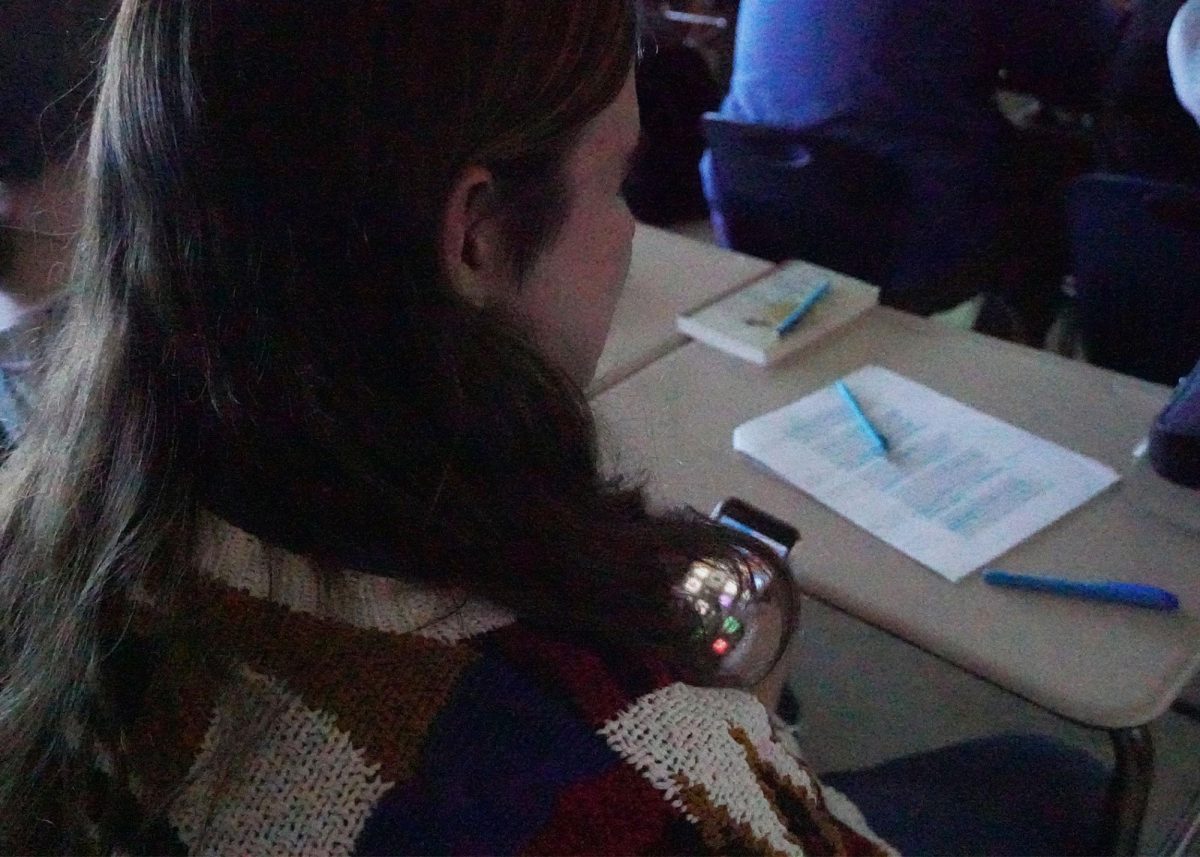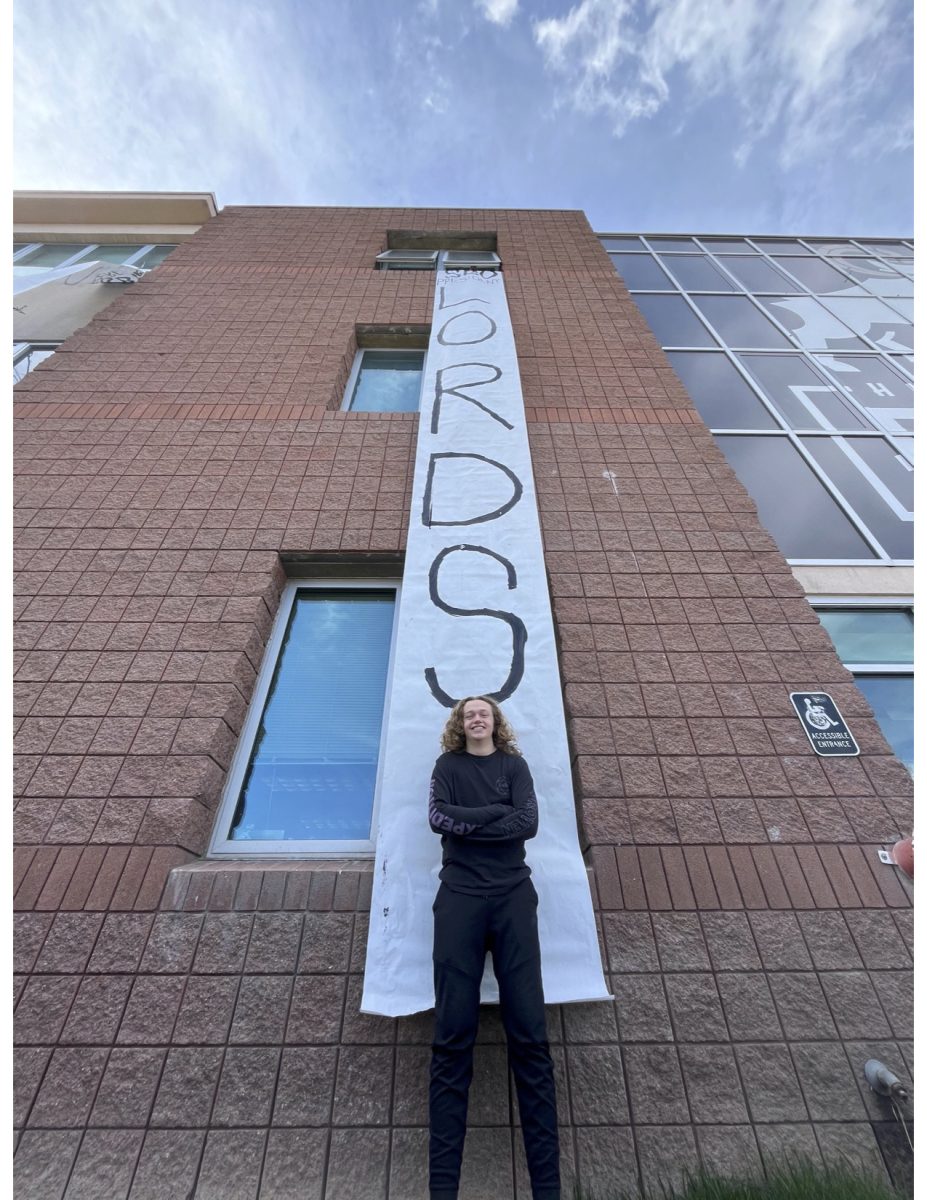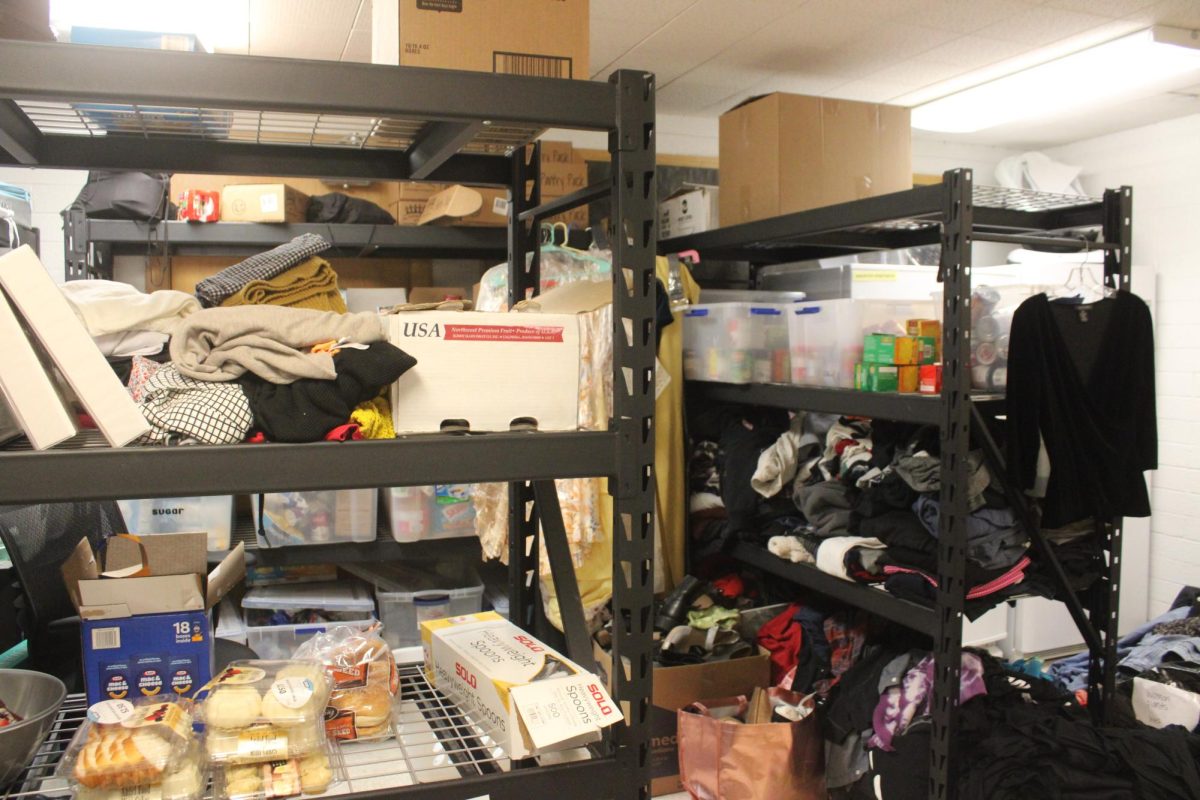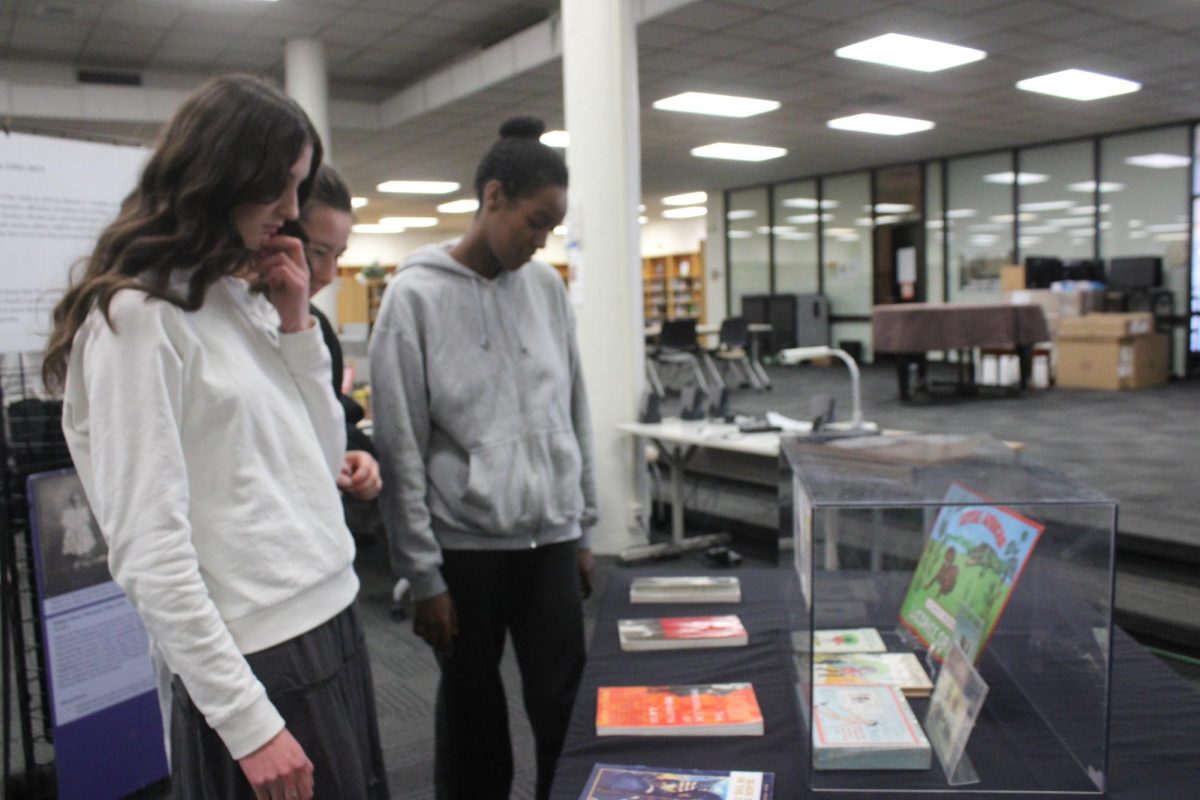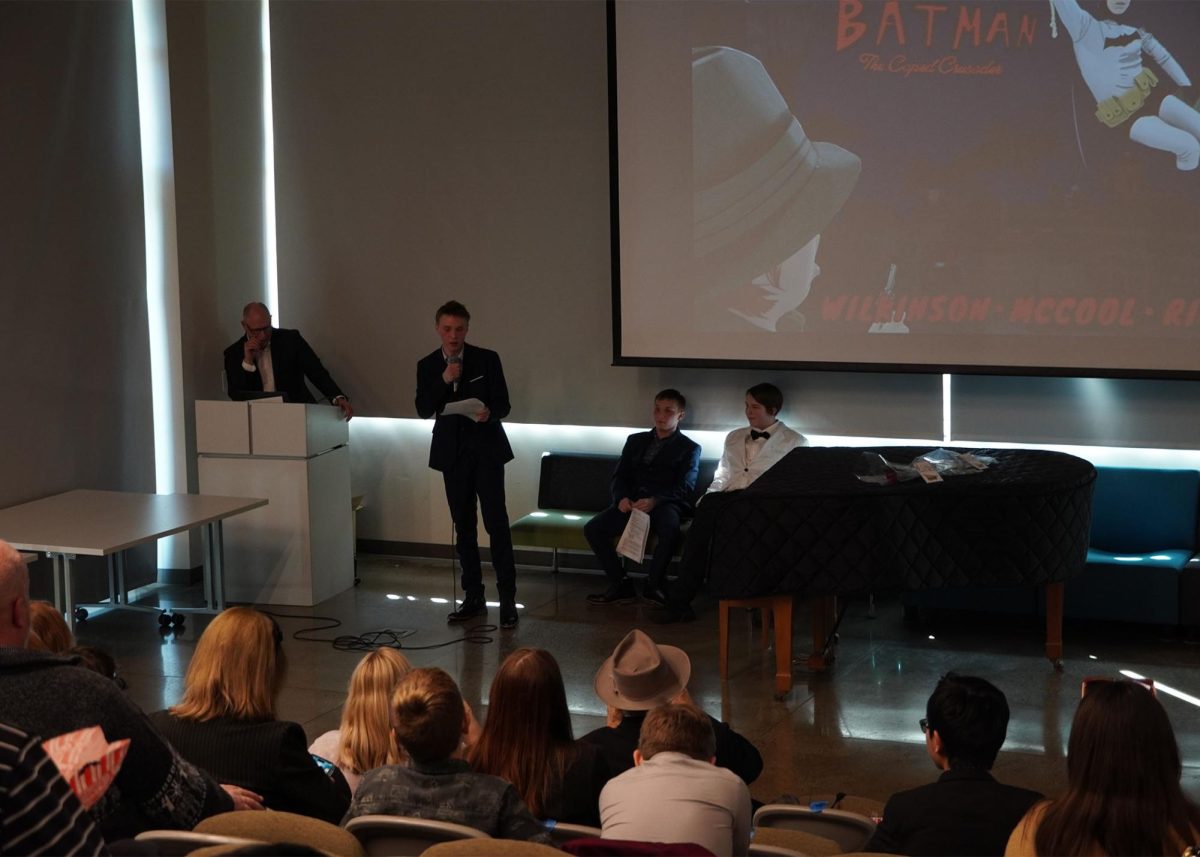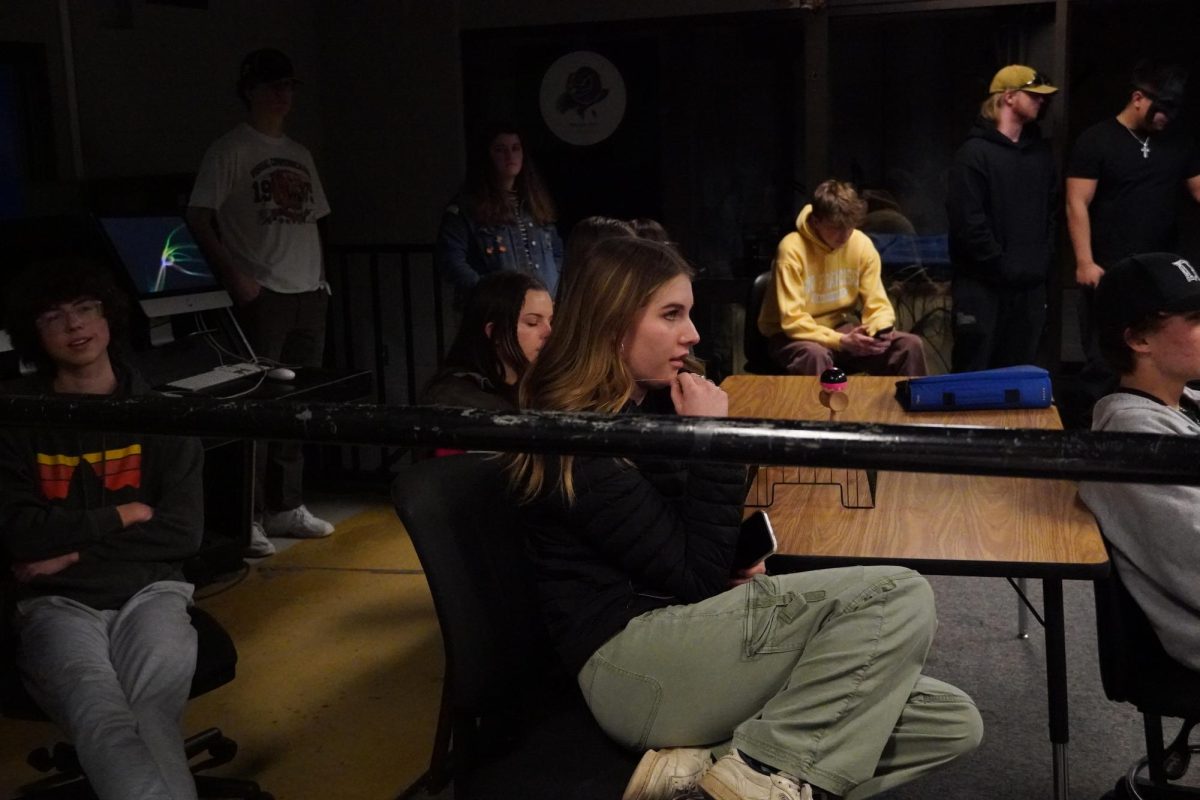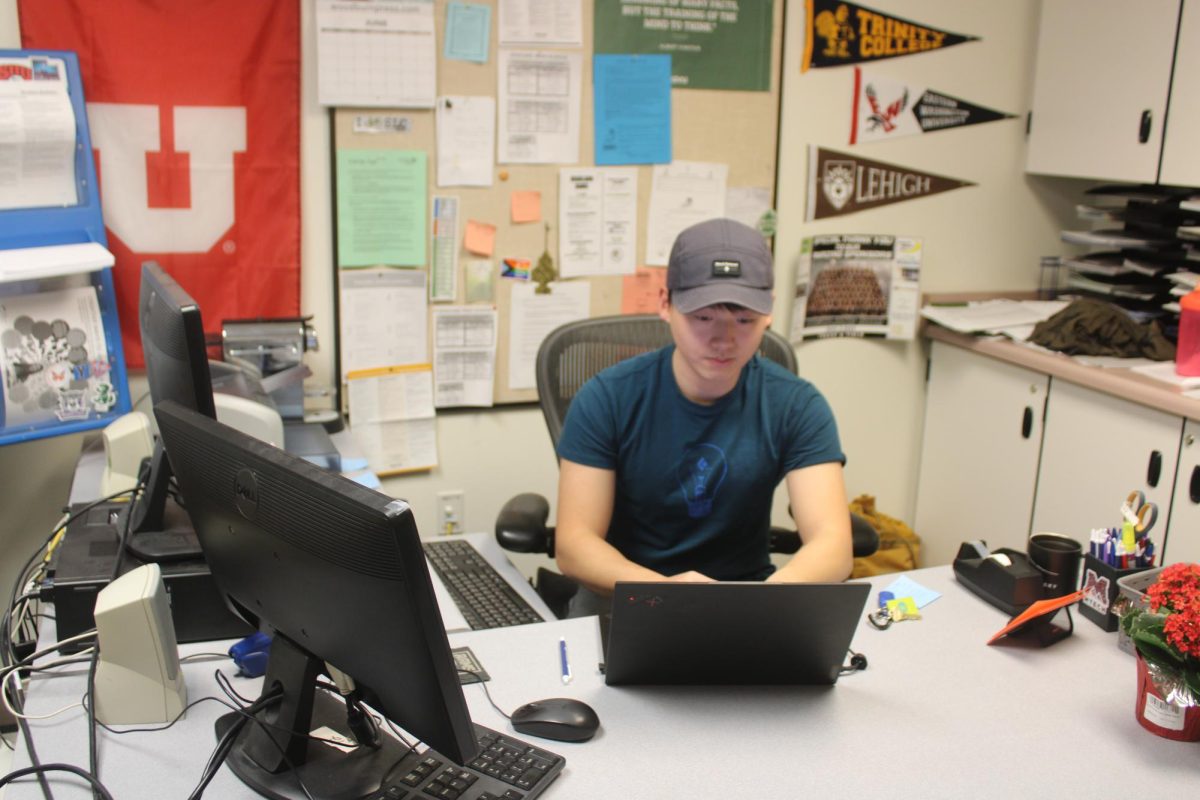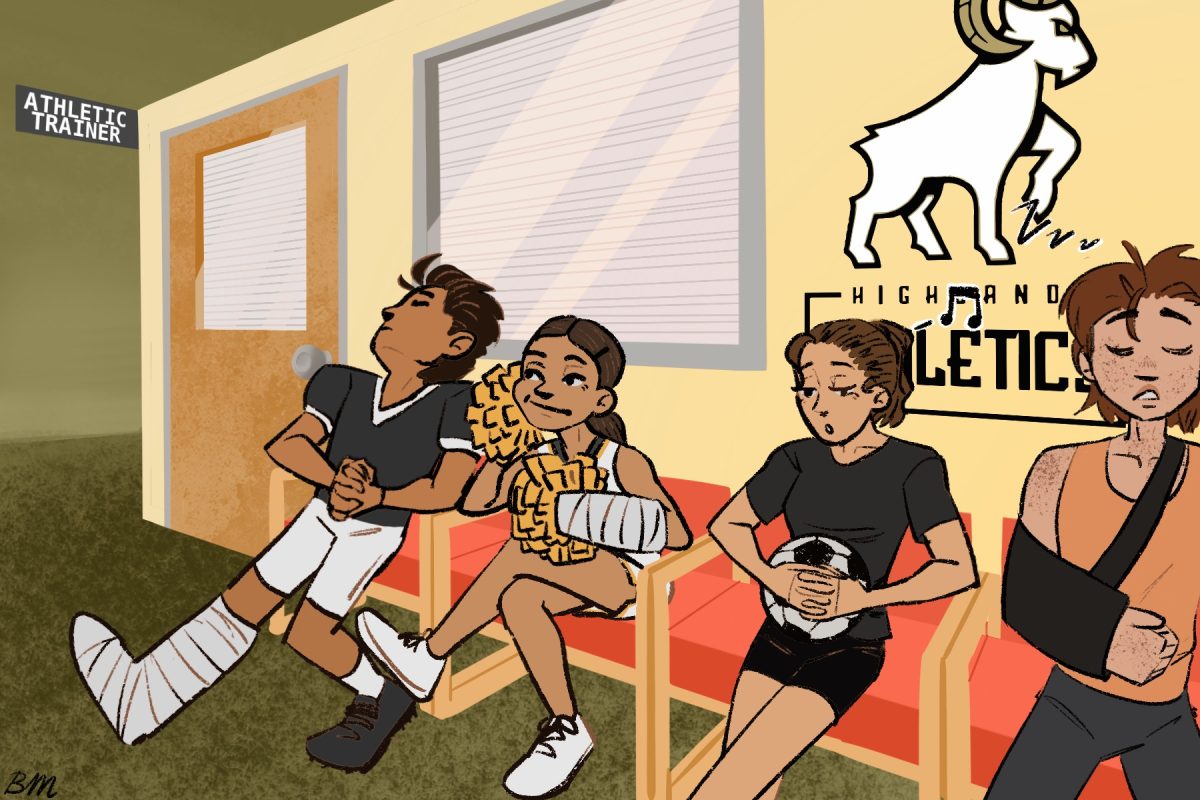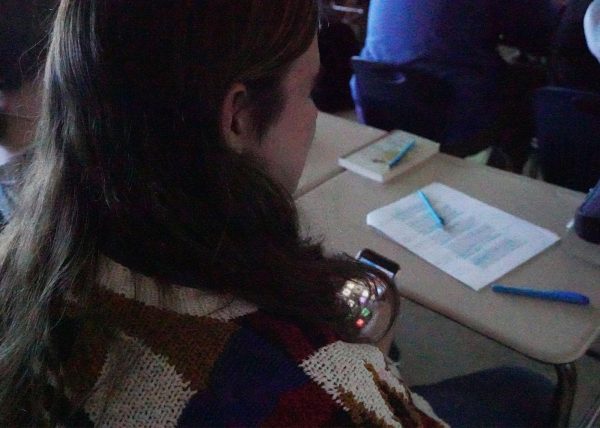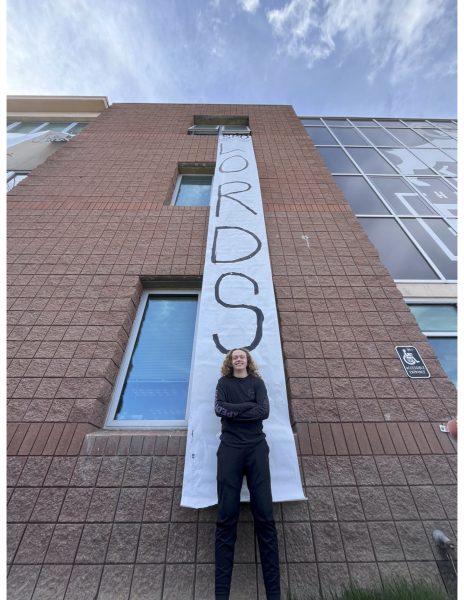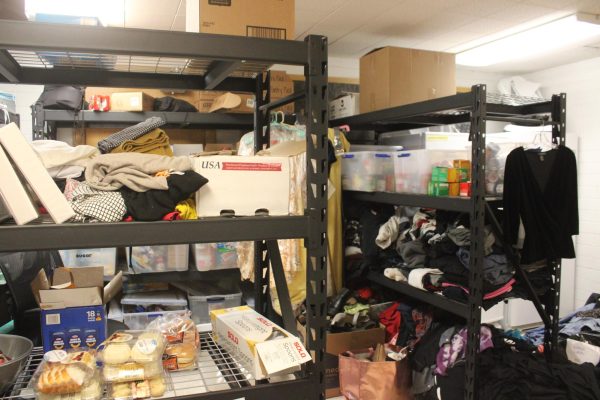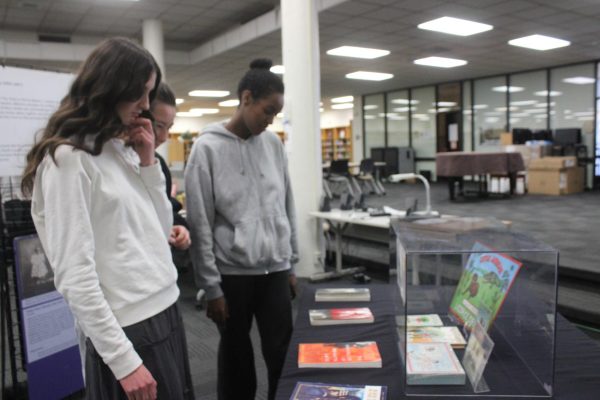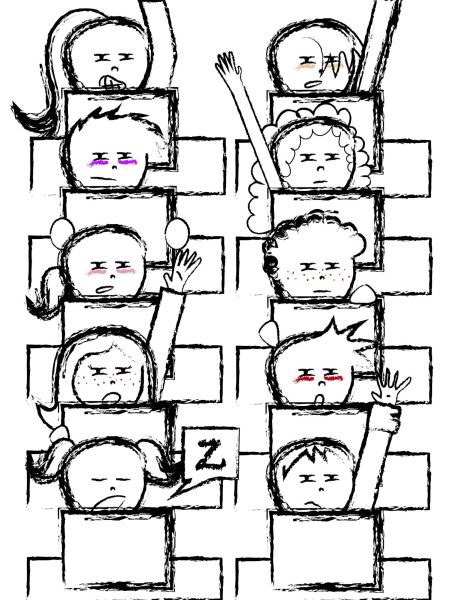Highland Juniors Take Free ACT
March 4, 2017
Valeria Heredia is a junior at Highland High School. Like most 16 and 17-year-olds, the idea of ‘the future’ is both electrifying and terrifying at the same time. Unclear as to what exactly it will hold, she hopes that college will be part of it. For this reason, Heredia arrived to school early on Feb 28, prepared to sit at one of the hundreds of desks set up methodically and painstakingly the day prior.
While many people feel anxiety about taking the ACT, Heredia feels especially nervous. With English as her second language, an already difficult test becomes particularly daunting. But unlike most of her peers grumbling about having to take such a long and tiresome exam, Heredia feels grateful. She does not know how many times she will be able to take the test, so the idea that she can take it once for free is both nerve racking and hopeful.
Bill SB175 offers the opportunity to take a free ACT to every junior student in the state of Utah on the last day of February. Passed in 2013, it uses a budget of $850,000 to offer college preparation tests—one of which is the ACT. While the money is fixed, the reasoning behind this bill is not so clear-cut. Some administrators speculate that this opportunity is afforded because it better determines a school’s aptitude than the SAGE tests. The test also requires students to fill out an interest inventory which provides information about students that age and helps correlate the interests and demographic of students with their scores –which leads many to believe that the free exam is somewhat of a compromise because colleges use the information for outreach and marketing. While both of these explanations logistically make sense, many prefer the idea that the test is given for the benefit of the students taking it.
“Many of our students don’t attend college because they just believe they can’t do it, they’re not smart enough,” House floor sponsor Rep. Steve Eliason, R-Sandy said in 2013.
People believe that if they take the test they may start to more seriously consider college and see that it could actually be something they want to pursue. While they might be terrified to take the test, many administrators hope that in participating and giving it their best shot that they may find that it was not as bad as they feared it would be, and that they know more than they think they do.
“For many students, the ACT on February 28, is an opportunity to take the test once where they do not have to pay. For kids who haven’t really taken the ACT before it is a good chance to practice one so they are better prepared and more likely to take it again,” Karrie Allred, the ACT coordinator at Highland, said.
With the exam costing upwards of $40, many people do not have the budget to pay for it, which in turn leads some students from low income households to believe that college is more of vague idea than it is a valid and realistic option. It is through the free ACT that students initially discouraged about the idea of higher education can now physically afford to think otherwise. One of the hopes administrators have about bill SB175 is that it will help eliminate some obstacles every aspiring college pupil will face.
While the ACT does give everyone this valuable opportunity, it does not make any accommodations for the students taking it. On other ACT dates, students who fit various criteria are given appropriate advantages to try and help them to succeed. The ACT website specifies that they students must be diagnosed and documented to have some type of disability. Ffor students like Heredia where English is her second language the long and difficult exam to be in a language she is not as familiar with. While Heredia and many of her other peers that are still learning English feel that they are at a disadvantage, there are no accommodations offered to students of these circumstances at this time.
“I’m pretty sure that in the test there will be many words where I don’t know what that means and I’m pretty worried about it,” Heredia said.
Regardless of her fears and frustrations, Heredia is still looking forward to the opportunity to take the test. If she does as well as she hopes, then the worries of having to take the test again and the monetary price that accompanies it will dissipate.
While the free ACT is not able to accommodate all takers, administrators agree that any opportunity to help students realize dreams of higher education is worthwhile.
